
Mindfulness Practices for Personal Development
Mindfulness offers a transformative path toward achieving personal growth, emotional resilience, and greater self-awareness. By cultivating a mindful approach, individuals can foster better habits, develop deeper connections with themselves and others, and unlock new opportunities for self-improvement. Embracing mindfulness as a daily practice supports the journey to personal development by encouraging intentional living, reducing stress, and nurturing positive behaviors. Explore foundational techniques and strategies that empower you to become more present, focused, and harmonious in your life.
The Foundations of Mindfulness
Present-moment awareness forms the bedrock of mindfulness. It involves tuning into the details of your current experience—what you feel, see, hear, and think—without being consumed by past regrets or future anxieties. Regularly practicing present-moment awareness helps you notice habitual patterns of thought and behavior, giving you greater clarity and autonomy in how you respond. Over time, these mindful observations become the launchpad for lasting personal growth and fulfillment.
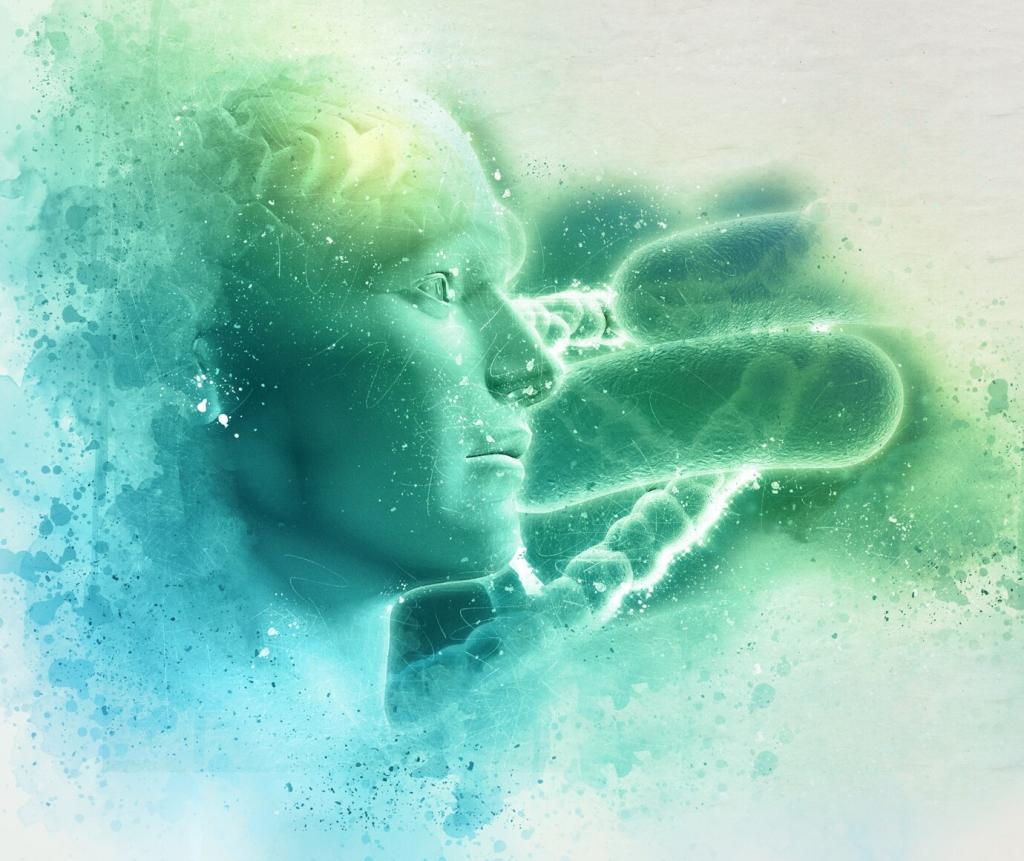
Mindful Breathing as a Core Practice
Connecting With the Breath
Connecting consciously with your breath can instantly recalibrate your focus and ground you in the moment. Many people unconsciously hold their breath or breathe shallowly, particularly during stressful situations. Practicing deep, mindful breathing not only supports relaxation but also signals to your body and mind that you are safe and present. Over time, this deliberate connection with the breath enhances your resilience and emotional balance, supporting personal growth.
Breathing as an Anchor
The breath acts as a stable anchor when racing thoughts, overwhelming emotions, or external distractions arise. Whenever you feel scattered or anxious, redirecting attention to the natural rhythm of your inhalations and exhalations creates a pause—a moment of calm within chaos. This simple act of anchoring curbs impulsivity and grounds your decision-making, helping you respond more skillfully to challenges and advance your personal development journey.
Deepening Awareness Through Breath
Beyond basic observation, developing a refined awareness of each nuance in your breathing further enhances your ability to stay present. Noticing where you sense the breath most clearly—perhaps the nostrils, chest, or abdomen—and observing subtle changes with curiosity fosters concentration and insight. This deepened awareness transcends the breath, teaching you to witness every aspect of your experience with greater clarity and acceptance, key qualities for ongoing personal transformation.
Cultivating Self-Compassion
Self-compassion is the practice of approaching your own mistakes and shortcomings with the same warmth you would offer a friend. Instead of harsh self-criticism, mindfulness encourages acknowledging your humanity and imperfections without judgment. This shift in perspective allows you to break free from cycles of shame and rumination, fostering the courage and optimism needed to pursue personal development with balance and tenacity.
Previous
Next
Developing Emotional Awareness
Identifying Emotion with Mindfulness
Mindful awareness teaches you to observe emotions as they arise, labeling them without attachment or aversion. This process involves quietly acknowledging your current emotional state—anger, sadness, joy, or anxiety—without immediately acting upon it. Recognizing emotions with gentle curiosity allows you to investigate their origins and effects, laying the groundwork for responsive rather than reactive behavior and thereby supporting deeper personal growth.
Creating Space Between Feeling and Action
One of the most empowering outcomes of mindfulness is the ability to create space between feeling and action. Instead of reacting impulsively to emotional triggers, you develop the capacity to pause, assess, and choose your response. This space brings wisdom to your decisions and interactions, resulting in more authentic and effective communication. With practice, you empower yourself to direct your life in alignment with your values rather than fleeting emotions.
Emotional Regulation and Resilience
Mindfulness cultivates emotional resilience by providing practical tools for regulating intense feelings. Through conscious breathing, body scans, or simply observing emotional waves without resistance, you learn to hold discomfort without becoming overwhelmed. Over time, facing and processing challenging emotions with compassion and equanimity nurtures psychological strength and stability, key ingredients for sustained personal development.
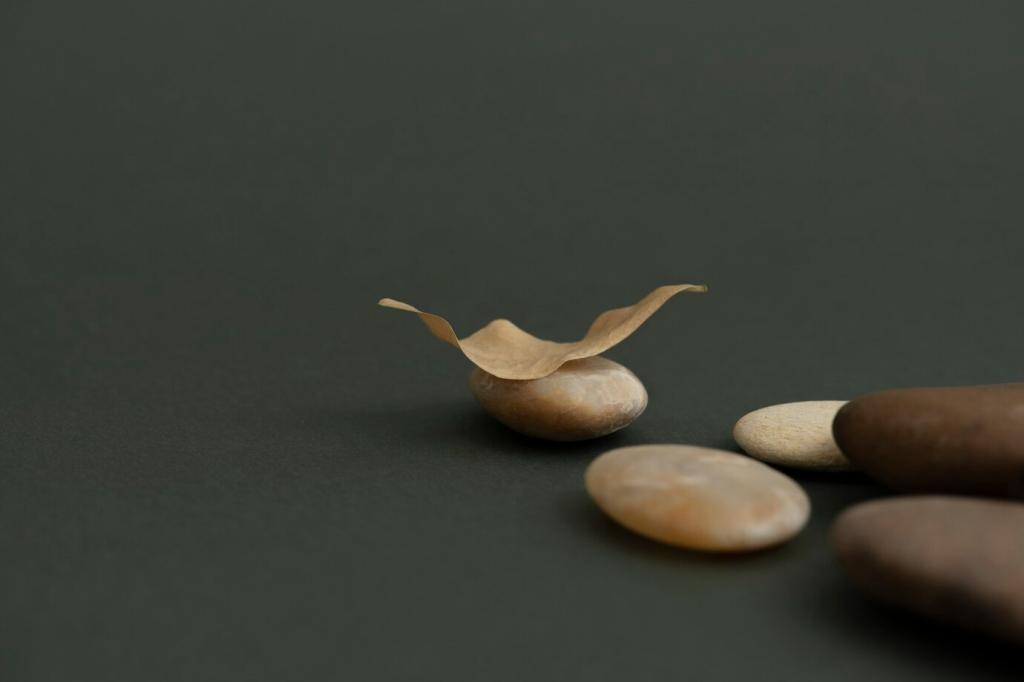
Mindful listening involves giving your undivided attention to another person without interrupting, judging, or preparing your response while they speak. By being fully present, you signal respect and empathy, encouraging more open and honest dialogue. This presence transforms conversations, reducing misunderstandings and building trust. Over time, mindful listening equips you with stronger communication skills and a foundation for harmonious relationships.
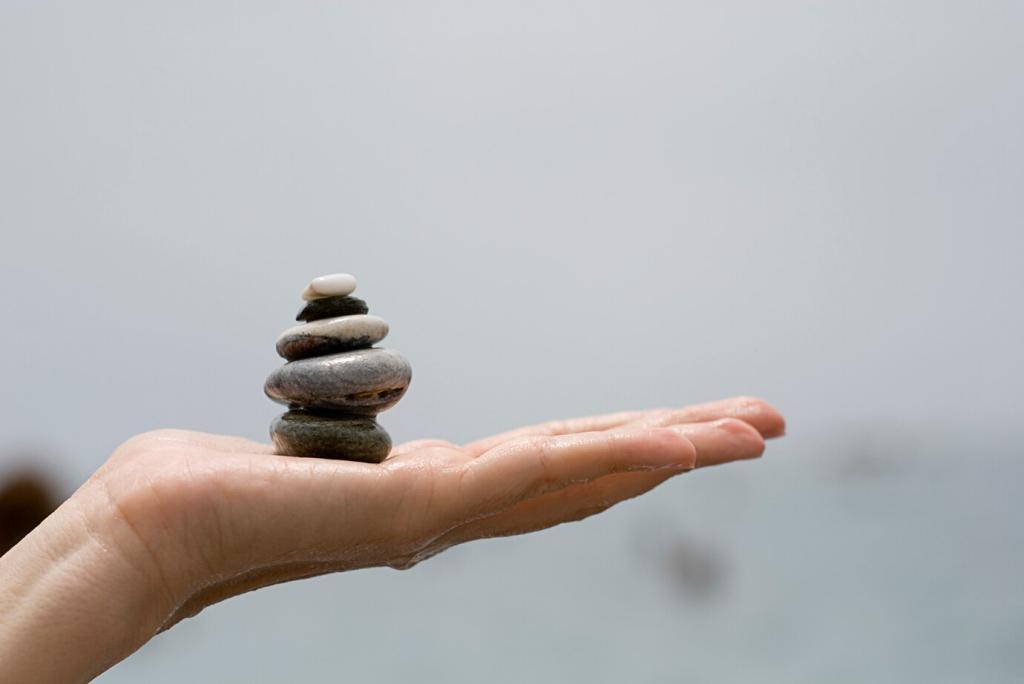
Mindfulness encourages you to speak thoughtfully and deliberately, choosing words that reflect authenticity, compassion, and clarity. Rather than reacting out of anger or frustration, you consciously select language that supports constructive outcomes. This intention behind your words reduces defensiveness and invites collaboration. As you develop this habit, your ability to articulate ideas and resolve conflicts improves, significantly advancing your personal development.

When tensions arise, a mindful approach helps you respond thoughtfully rather than react impulsively. Taking a pause to observe your own emotions and those of others creates space for empathy and reason. By responding with awareness and patience, you diffuse potential conflicts and foster mutual understanding. This skill transforms interpersonal dynamics, supporting healthier and more fulfilling relationships.

Recognizing Habit Loops
The first step in changing habits is to recognize the automatic cycles that drive them. Mindfulness strengthens your ability to notice the cues, cravings, and rewards that keep habits in place. By observing these patterns—whether reaching for unhealthy snacks or procrastinating—you gain insight into what triggers them. This self-awareness lays the groundwork for making deliberate, lasting changes that support your well-being and growth.
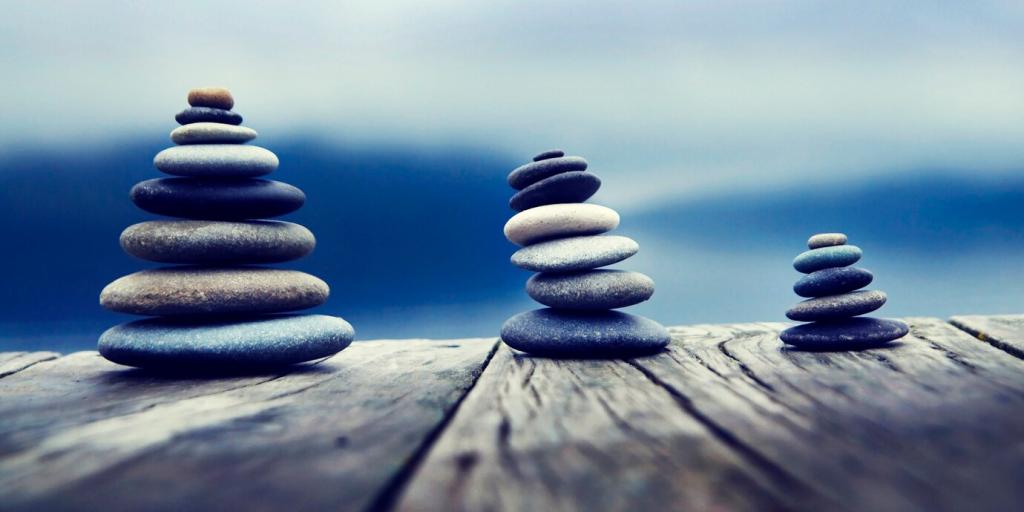
Creating Space for New Choices
When you become aware of habitual urges as they arise, mindfulness introduces a gap between the trigger and your response. In this space lies the power of choice. You can pause, acknowledge the urge, and decide, with intention, whether to follow through or make a different decision. Practicing this pause consistently transforms your approach to challenges, making change more possible and sustainable.
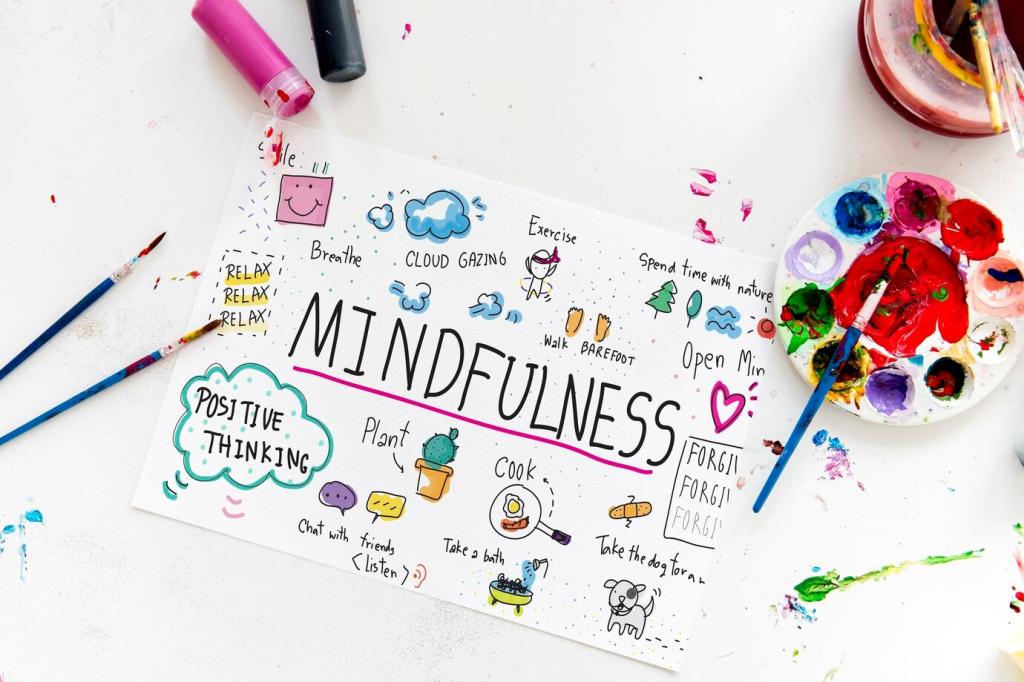
Replacing Old Habits With Mindful Actions
Lasting personal development emerges when old, unfulfilling habits are consciously replaced by new, positive behaviors. Mindfulness equips you with the clarity and discipline to notice when you slip into old patterns, and compassionately steer yourself back onto your chosen path. Each mindful action, repeated over time, strengthens new neural pathways, reinforcing growth and progress toward your goals.
Mindful Morning Rituals
Beginning your day with a mindful ritual, such as meditation, journaling, or mindful stretching, sets a calm and focused tone for everything that follows. This intentional start gives you the clarity to approach your activities consciously and respond to stressors with greater ease. Over time, a mindful morning practice can reshape your mood, energy levels, and interactions, paving the way for more effective personal development.
Practicing Mindfulness During Routine Activities
Incorporating mindfulness into ordinary tasks—whether eating, walking, or washing dishes—strengthens your ability to stay present throughout the day. Paying full attention to each activity, noticing sights, smells, sounds, and sensations, transforms the mundane into an opportunity for discovery and calm. This integration reduces stress, boosts satisfaction, and makes personal growth a consistent, lived experience.
